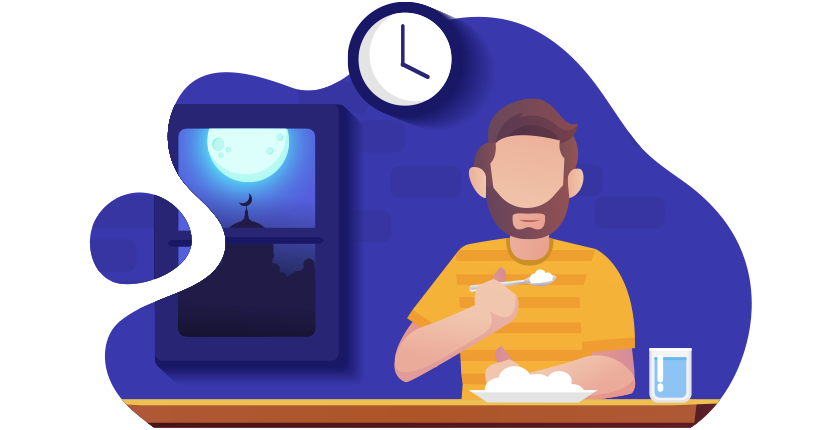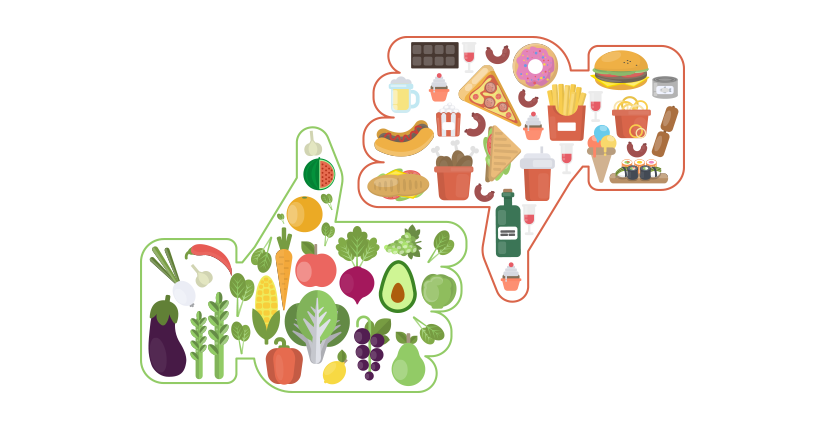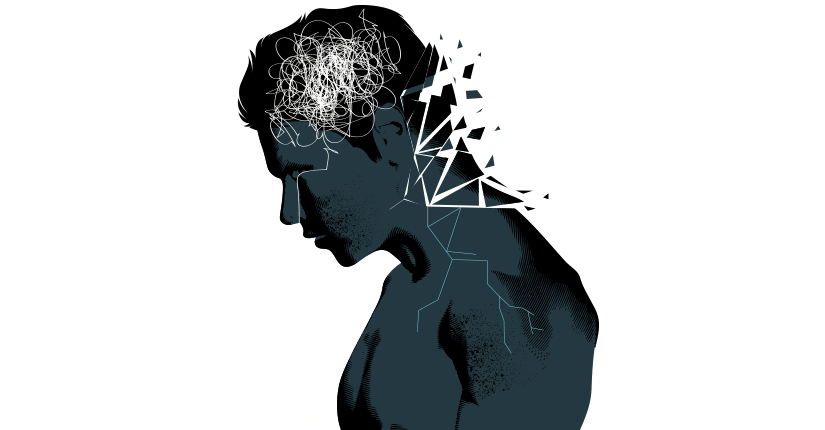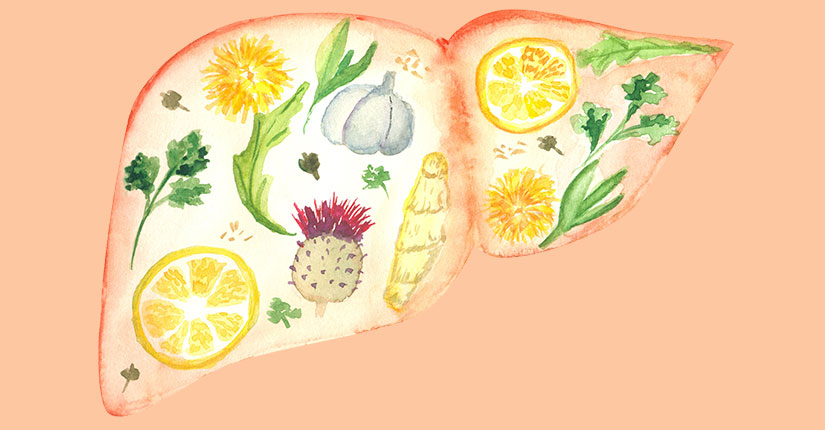Autism is not a disability, it is a different ability
By Nmami Agarwal 30-Mar 2023 Reading Time: 4 Mins

Neurodevelopmental disorders or NDDs are defined as a group of conditions with onset in the developmental period, inducing deficits that produce impairments of functioning. NDDs comprise intellectual disability (ID); Communication Disorders; Autism Spectrum Disorder (ASD); Attention-Deficit/Hyperactivity Disorder (ADHD)
Incidence
It has been estimated that more than 2 million people might be affected with ASD in India. About 1 in 100 children in India under age 10 has autism, and nearly 1 in 8 has at least one neurodevelopmental condition
Autistic Spectrum Disorder is a pervasive neurobehavioral disorder characterized by qualitative impairment in social interaction, communication and repetitive and stereotyped patterns of interests and activities.
It affects not only the child and the family. It also has direct and indirect cost implications on the nation that are incurred in providing health care, support for education, and rehabilitative services
Is Autism a disability?
Autism is not a disability. Each child has a different speed of growth and learning, so is the case with an autistic child. The physiological and cognitive development is slower as compared to peers but with good support and management, they are able to overcome their shortcomings and move ahead.
Nutritional challenges faced by Autistic/ADHD children
Feeding and eating problems are pervasive problems that affect persons with autism across all ages and cognitive abilities. Some of the feeding challenges faced by autistic children include
- Sensory overload – Someone with autism may be sensitive to the taste, smell, color and texture of foods. They may limit or totally avoid some foods and even whole food groups. Dislikes may include strongly flavored foods, fruits and vegetables or certain textures such as slippery or soft foods..
- Gastrointestinal issues – According to a review of multiple studies, there is a strong relationship and significant correlation between eating problems and gastrointestinal (GI) dysfunction in autistic children. Some of the child’s more extreme behaviors may be related to pain and discomfort from gas, bloating, diarrhea, or acid reflux,
- Food sensitivity – Some children who have autism seem to have negative reactions to milk or dairy products (associated with lactose or casein) and/or wheat products (gluten)
- Eating disorders – There is an increased risk of eating disorders, such as anorexia and bulimia, among people who have autism.
- Insufficient intake – Kids with autism may have difficulty focusing on one task for an extended period of time. It may be hard for a child to sit down and eat a meal from start to finish, leading to nutritional deficiencies.
Proper counseling for parents on how to handle the child and imparting knowledge of the right treatment options can make way for an autistic child to develop naturally with his peers.





















